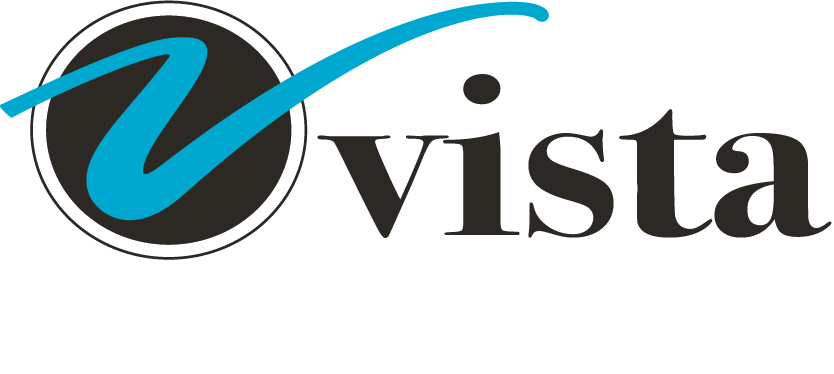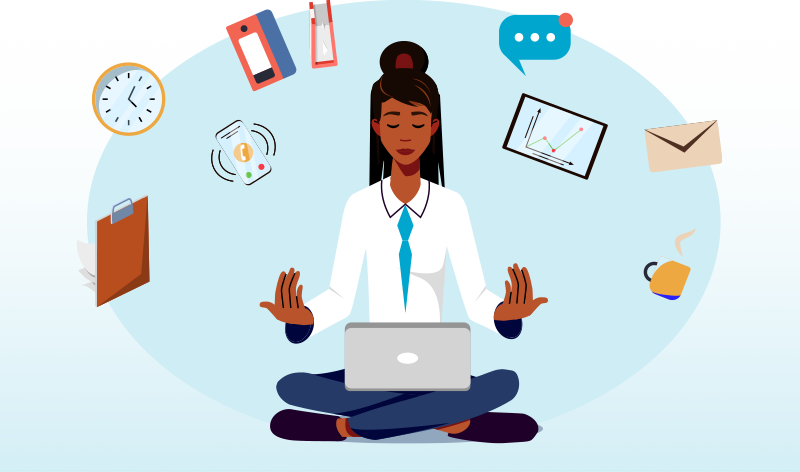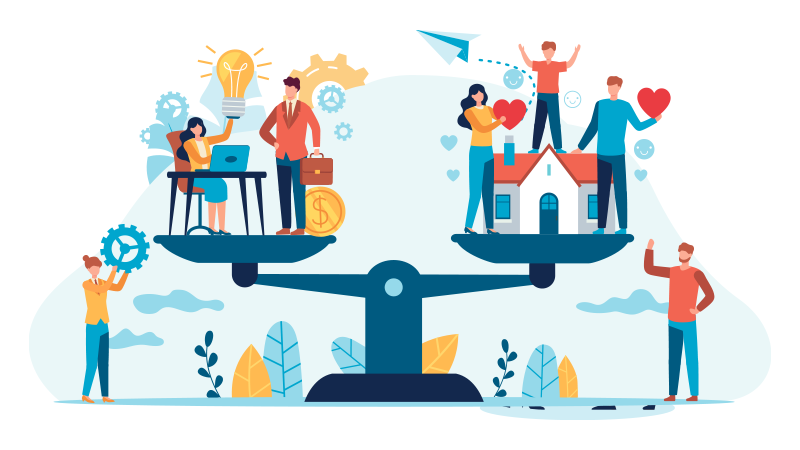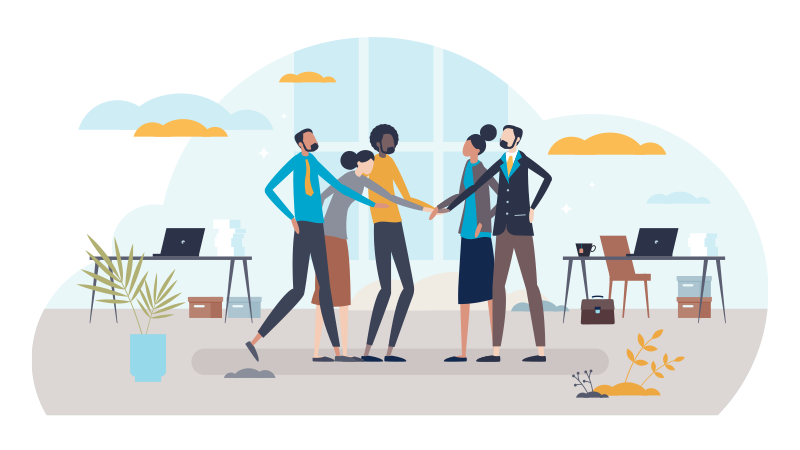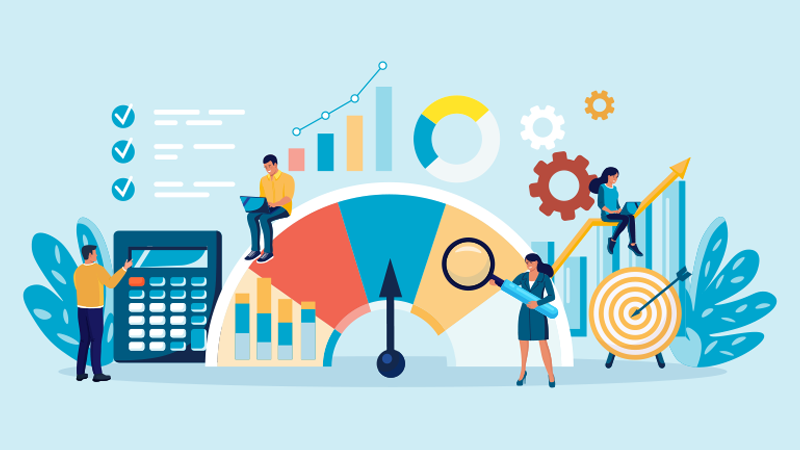Known as millennials, we belong to the generation born between the early 1980s and the mid-1990s. We grew up in a time of rapid technological change and are known for being highly connected and informed. Despite our many positive attributes, we are often stereotyped as overly confident, entitled, and lazy. There is a misconception that our parents lacked authority in raising us and treated us more like friends than children. (I can assure you this particular stereotype was not based upon the household in which I was raised.) Unfortunately, the term “millennial” is frequently used in a negative connotation. As a millennial, I am eager to highlight how we are positively impacting the world we live and work in, particularly with regard to mental health.
Millennials have been instrumental in changing the workplace and the way mental health is viewed and addressed. Providing a greater awareness and de-stigmatization of mental health, increased focus on work-life balance, improved technology and better access to information and resources, social activism and the push for open, frequent communication, our generation has pushed forward the quality of life for many modern professionals. Millennials continue to drive a shift in the workplace culture towards a more inclusive, supportive, and mentally healthy environment.
Let’s break down the ways this generation has helped bring change to how mental health is viewed in the workplace:
While social media brings about many challenges, it has also provided us with a personal platform to express ourselves and has given us access to millions of other peoples’ stories. We’ve grown up in an era where mental health issues have been more openly discussed and accepted compared to previous generations. From celebrities to star athletes, people are opening up about their struggles. The world watched as Simone Biles, seven-time Olympic medalist, pulled out of the all-around Women’s final in the 2021 Olympics because she wanted to focus on her mental health. Public acts of bravery in sharing something so personal are annihilating the stigma that surrounds mental health. This kicks down doors, allowing others to be liberated in sharing their own struggles and devoting the time and energy necessary to promote their own well-being. By advocating for mental health awareness and support in the modern workplace, millennials are helping to create a more compassionate and empathetic workplace culture. This culture encourages all employees to prioritize their mental well-being and seek help when needed.
This is where I often hear the negative comments that millennials are lazy and do not want to work. I’m not naive; I know we were fortunate to grow up in an entirely different world than those who came before us. We didn’t have to navigate the Great Depression or World Wars. We have the luxury of being able to prioritize our mental health just as we do our physical health. In doing so, we advocate for work arrangements that can help reduce stress and burn out. Our generation and younger generations want to work for stable companies on growth trajectories that value and provide health benefits, flexible work schedules, and significant PTO. As an employer of these younger generations, you can see that as a negative, or you can think outside the box in order to attract top-talent.
It’s no secret that health insurance benefits are expensive for employers, so get creative. More companies are beginning to offer mental health benefits as a way to take care of employees. Look into ways to provide opportunities for exercise, meditation, and mindfulness practices for your team members during the work day. Give one or two days a quarter for your team to use as a mental health day, allowing them to take a break from work and recharge. From therapy sessions provided by employers and employer-sponsored health insurance benefits that cover mental health services, to discounts for yoga classes and gym memberships, we are seeing a shift in the way companies approach mental health, and we encourage wider adoption of these practices. If you don’t provide more thoughtful and out-of-box benefits than you did in years past, you could be losing out on incredible talent. Members of these younger generations aren’t afraid to change jobs when their careers do not align with their needs and values.
The advancement of technology has drastically improved the ability to access information and resources related to mental health. Growing up, my brother and I heard stories from our grandparents and parents about bag phones. In writing this blog, I wanted to know when the first mobile phone call was made. Straight to Google I went and according to Smithsonian Magazine, “the first mobile phone service, for 80-pound telephones installed in cars, was demonstrated on June 17, 1946, 75 years ago.” EIGHTY pounds, are you kidding me? Now, we walk around with handheld computers that you can purchase as a mini or a max, eager to provide us with any information we want and need within seconds, giving us greater access to information and resources related to mental health. We have access to apps, websites, books, articles, and videos right at our fingertips. We are able to educate ourselves on the signs, symptoms, and potential treatment options available for mental health struggles and conditions. I can ask Google to find a therapist near me or help to give me tips on how to navigate feelings of anxiety. By utilizing our phones for this information, we are also given more anonymity which makes us more likely to seek out information about mental health and better equips us to identify and address mental health issues in the workplace. We can access online mental health services that provide anonymous counseling and support. Technology also allows us to connect with like-minded people from all over the world who may be experiencing similar issues or have gone through similar experiences. These connections that technology has provided make it easier for us to find resources, talk about our problems, and create a sense of community.
Millennials are known for being socially and politically engaged, and this activism has extended to mental health issues in the workplace. We are, some would say, exceedingly vocal about the need for better mental health resources and benefits in the workplace. In fact, we demand it. The status quo has never appealed to us. Our eyes are always focused on how things can be better, not just for ourselves but for our communities, both large and small. We advocate for changes that can help support the mental well-being of ourselves and our team members. In addition to flexible work arrangements and work-life balance, we want open communication and transparency in the workplace. We want to have honest discussions about our performance and how our work plays into the bigger vision of the organization. We want clear goals and frequent check-ins with our supervisors and management. In providing clear goals, firm owners and leaders eliminate the argument surrounding flexible work arrangements. If your team members are hitting or exceeding their goals, you worry less about them being in the office. When you open the door to communication and transparency in the workplace, you help reduce stress and improve morale. This includes encouraging honest discussions about mental health, reducing the stigma around mental health conditions, and creating a culture of support and empathy.
In breaking the stigma that surrounds mental health, millennials and the generations who have followed them have helped drive major change in workplace culture and the world as a whole. As more and more companies recognize the importance of mental health in the workplace, we can expect to see changes continue to evolve and expand. We have all learned over these last few post-Covid years that talent acquisition is increasingly difficult in all industries. That’s likely not going to change any time soon. As a firm owner, take time to consider the ways your law firm views and addresses mental health. Venturing outside the box may be a critical step in setting your firm up for continued success. Meet with your leadership team to come up with ways your firm can cultivate a culture that promotes mental health benefits.
It’s clear that there is still much more work to be done when it comes to improving workplace culture with regards to mental health, but we’ve come a long way since bag phones! By taking vital steps today, you can ensure your law firm remains competitive by cultivating an environment that promotes positive employee wellness initiatives.
